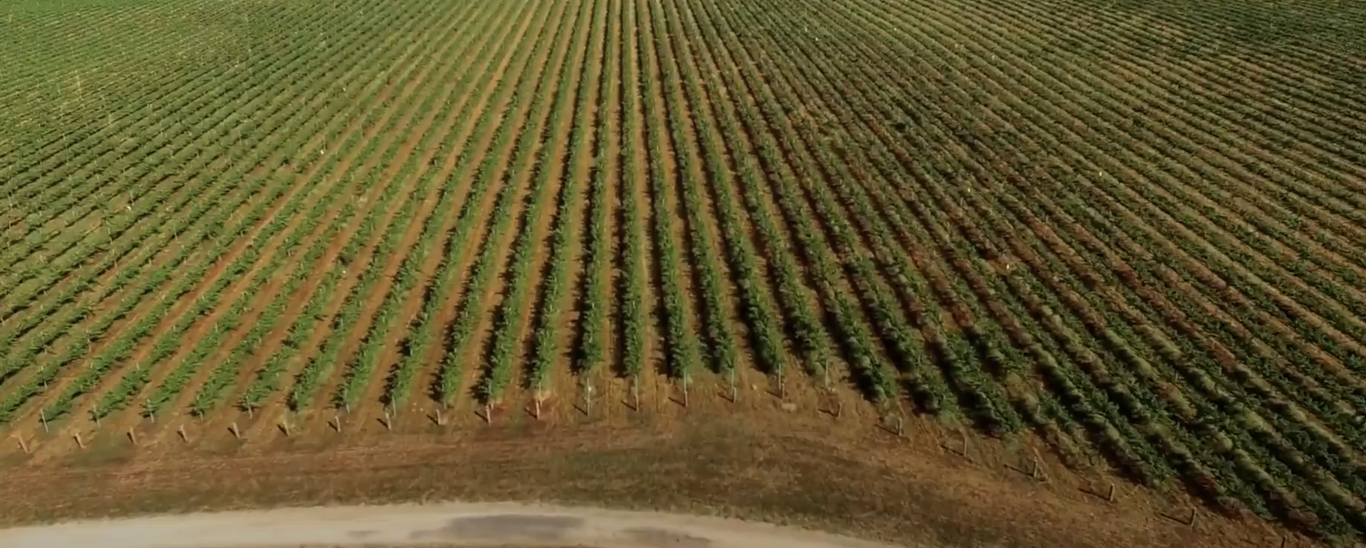
River wins from a community approach
Revitalising the picturesque section of the Wakefield River where it meanders through the Clare Valley was quite literally a project waiting to happen.
A formal plan for restoration of the Upper Wakefield Catchment had been developed back in 2000 but never implemented. Nine years later, Taylors Wines saw this blueprint as a potential basis for managing integrated works across the catchment, and the rest, as they say, is history.
Like minded locals agreed, the Upper Wakefield Catchment NRM Community Group was formed, then funding was sought for six initial projects – three on private land, including one on Taylors property, and three on Council land.
For Taylors this was always designed to be an ongoing commitment, however, with the aim of completely revegetating its own seven-kilometre stretch of the river and taking a lead in community work to restore the catchment riparian and remnant woodland environments. The work is ongoing.
“We have invested in growing local plant species to plant on our own property and the community projects in which we are involved,” said General Manager Winery Operations, Clinton Taylor.
“We have provided financial support for project management, employee time in kind, materials such as herbicide, hand tools, mechanical tools and operators and volunteer hours in weed control and tree planting.”
This commitment has allowed the community group to work efficiently and effectively, with a common purpose. Regular “team days” see an awful lot get done.
The focus has very much been on removing what shouldn’t be there and preserving what should. Individual projects have included removing woody weeds or pine trees, controlling a fennel infestation, and planting new native grasses, shrubs and trees. In one instance the work had the added advantage of helping to prevent flooding in the Auburn township.
The changes are obvious to the eye and have earned warranted recognition and admiration from local residents. Clinton notes, however, that, as with a lot of environmental work, it is important to consult and to find compromise where necessary.
In the project in Auburn, for example, the work required “delicate management” of the community’s desire to enhance local biodiversity and remove fire hazards, while also retaining some of the shady exotic trees that added a much-loved ambience to a popular riverbank walk.
Clinton said Taylors was keen to support the strong environmental management themes being promoted by the wine industry, including the SA Government climate change sector agreement facilitated by the SA Wine Industry Association
The company already has impressive environmental credentials, including the development of the world’s first carbon neutral wine.




